5 Things You Need to Know About China Factory Audits


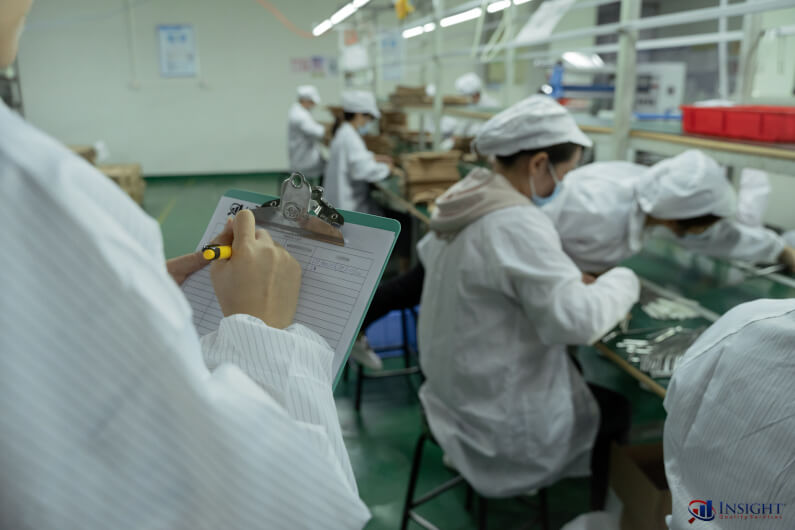
Table of Contents
China makes up a remarkable 28.7% of total global manufacturing output, according to UN statistics. And despite the push to diversify sourcing locations in recent years, the country’s manufacturing dominance leads countless companies to take advantage of its established factories and extensive logistics network.
If you plan on working with a new Chinese manufacturer or want to assess existing suppliers, you may consider conducting a factory audit in China. These days, they are especially important since Covid-related issues have caused significant hiccups in the country’s manufacturing sector.
Here we outline five critical things you should know about China factory audits. Understanding them will put you in a better position to build and manage successful supplier relationships.
1) Since Covid, Audits Have Become More Necessary in China
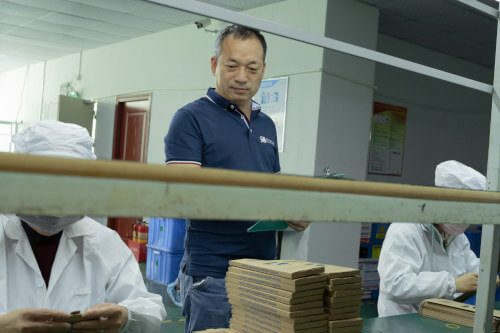
China is the most mature manufacturing country in the world for the vast majority of consumer products. However, the pandemic has affected its manufacturing businesses to a high degree.
In our experience with clients, we’ve seen many previously high-performing factories develop new and more frequent issues. With strained supply lines and the ongoing disruptions due to China’s Covid-related policies, many processes have slipped, quality fade has set in, and factory policies have grown lax.
As such, China supplier audits are now more necessary than ever for companies that want to manage supplier relationships effectively. An effective quality assurance strategy can help you catch systemic issues before they have a costly impact on your shipments. The earlier you discover a concern, the more efficiently (and cost-effectively) you can fix it.
You should conduct an audit when you embark on a new relationship with a manufacturer, but factory assessments should also be part of your supplier quality management system, especially in the wake of COVID-19.
2) Audits and Inspections are Two Different Things
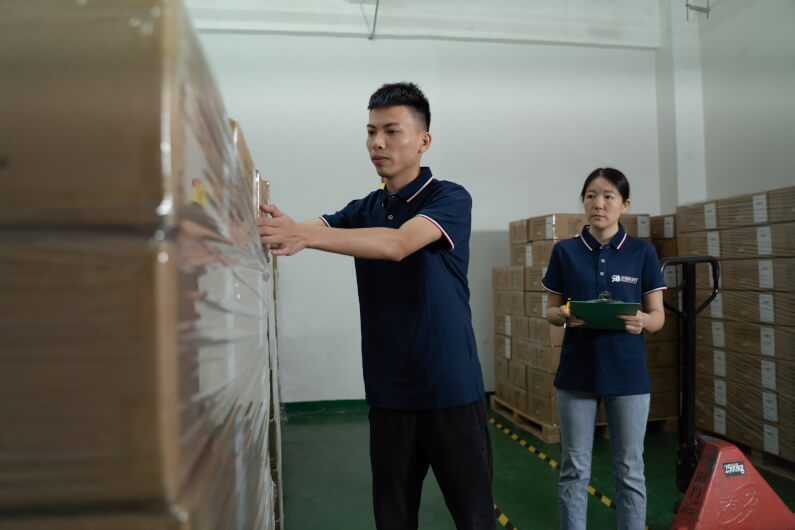
Inspections and audits are often confused, but they are very different processes:
- An inspection assesses the quality of the products in a batch.
- An audit assesses the supplier’s management systems and manufacturing processes.
In a quality inspection, a QC professional pulls a random sample of products that have come off the production line. They check packaging and labeling, do a visual inspection, conduct functional tests, verify physical requirements, and more. The goal is to verify that products and packaging are in line with your specifications before they ship.
In a factory audit, the auditor might assess the factory’s layout and cleanliness, quality control system, procedures for handling incoming materials, as well as other systems and processes. You can also audit to verify employee working conditions or adherence to environmental standards.
It’s important to know that audits and inspections are both tools you can use to ensure product quality. Audits help you look at the big picture, while inspections let you assess products on a shipment-by-shipment basis.
3) Some Suppliers May Express Hesitancy to be Audited

Suppliers sometimes express hesitancy to be audited because they’re afraid of getting reprimanded for any deficiencies or problems that are uncovered. It’s key to remember (and to remind your manufacturing partners) that audits benefit both parties.
Audits allow the supplier to develop so that they can serve all of their customers more effectively. And the earlier a problem is found, the more quickly you can address it together.
It’s also a misconception that audits exist only to find issues. Audits simply reveal the reality of how a factory is working — which can often be positive. You may discover that all processes and systems are functioning well, which offers the possibility of praise and recognition.
You should be prepared to push back on any hesitancy from your supplier. If you encounter resistance, don’t allow it to dissuade you from establishing a mutually-beneficial auditing plan.
4) You Need to Find the Right Focus for Your China Factory Audit
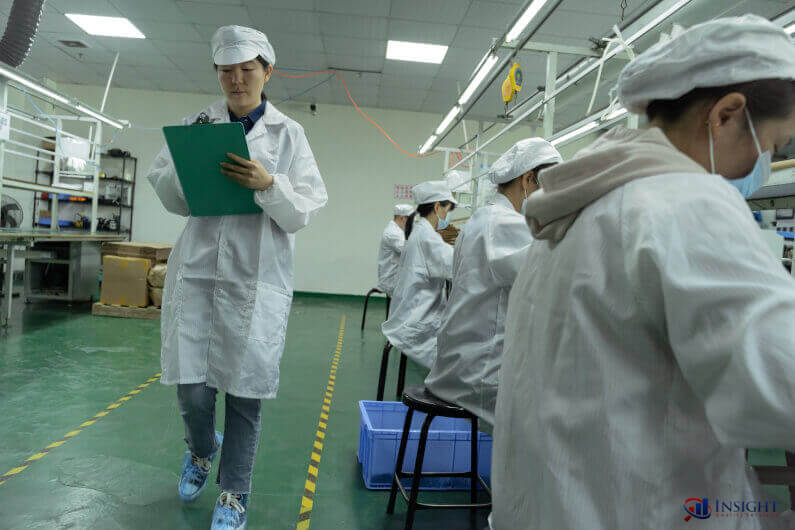
Generally, a factory audit follows the same process, no matter the size of the facility. It’s simply an assessment to ensure that the manufacturer meets the buyer’s expectations and requirements.
Once inside the manufacturing facility, auditors can evaluate its systems, capacity, workplace environment, or capabilities. They then send a report back to the buyer with their findings.
However, supplier audits need focus. What’s your goal for this audit? What are you most concerned about? What information do you need to confirm that this facility meets your standards?
There are many types of supplier audits, including:
- Security Audits, which ensure compliance with the U.S. Customs and Border Protection’s C-TPAT program.
- Capability Audits, which evaluate the supplier’s ability to meet your manufacturing needs on time.
- Social Compliance Audits, which certify compliance with labor laws and general standards for worker treatment.
- Quality Audits, which check that the supplier’s Quality Management System is running effectively.
- Environmental Audits, which verify compliance with environmental regulations and standards.
You need to find an appropriate focus for your audit to make it worthwhile, so identify your needs clearly and develop an appropriate China factory audit checklist.
5) You Can’t Audit Processes Into a Factory

Just as you can’t inspect quality into a product, you can’t audit effective processes into a factory. An audit is simply a snapshot of the facility in action, but that snapshot gives you a starting point to work with the supplier to help them improve.
The process of supplier development can have many benefits, including helping you to reduce costs, improving product quality, shortening lead times, and more. However, accomplishing any of these aims requires significant legwork and collaboration.
It’s also essential to remember that audits only give you a look at one moment in time — depending on when you conduct it, results can vary. For instance, a factory audited during peak season might have different working conditions than when business is slow. You should factor this in when you are thinking about how to schedule your factory evaluations.
Need to Conduct an Audit? Insight Can Help
Nowadays, it’s more challenging to travel to China than in the past. Leveraging the assistance of a top-quality third-party auditor like Insight Quality Services can help you assess your suppliers and shore up your supply chain.
Learn more about our factory audit services, download our free factory audit guide, or contact us to discuss your auditing needs.
Free Guide
How to Prepare for a Factory Audit
A factory audit helps you assess a supplier’s systems, capacity, workplace environment, or capabilities to ensure they meet your requirements as a buyer.
But which type of audit should you conduct, and which points should you cover on your checklist? In this free guide, you’ll learn how to run an effective supplier assessment.
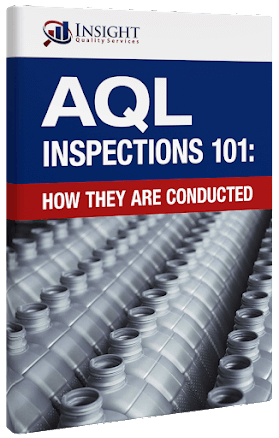
AQL Inspections 101: How They are Conducted
Authors


